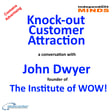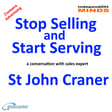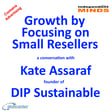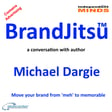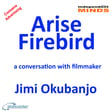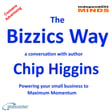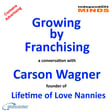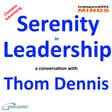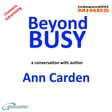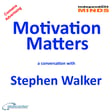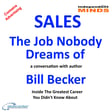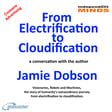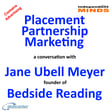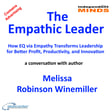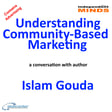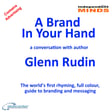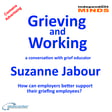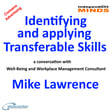
Understanding Brand Strategy – a conversation with Diane Lurie
Diane Lurieis a Glasgow based brand strategy consultant. Diane focuses on coaching founders and leaders to find their true competitive edge, get the recognition they deserve, by helping them to uncover their authentic brand.
In this episode of the Abeceder podcast The Independent Minds, Diane discusses the seven principles of Brand Strategy with host Michael Millward.
Diane covers all seven principles of Brand Strategy and includes the importance connecting the personal values of the founders and leaders with the values of the brand.
Diane explains how a Brand Strategy is a like constructing a new house you need the correct building blocks.
During their conversation Diane and Michael discuss the Brand Strategy of Apple and the person who set the foundations for that strategy.
More information about Diane Lurie and Michael Millward is available at abeceder.
Audience Offers
The Independent Minds is made on Zencastr, because as the all-in-one podcasting platform, Zencastr really does make creating content so easy.
If you would like to try podcasting using Zencastr visit zencastr.com/pricing and use our offer code ABECEDER.
Travel
With discounted membership of the Ultimate Travel Club, you can travel anywhere else at trade prices on flights, hotels, trains, and many more travel related purchases.
Fit For Work Look after your health and you will be fit for work.
No point in being in a great job if you are in poor health. That is why we recommend The Annual Health Test from York Test; a 39-health marker Annual Health Test conducted by an experienced phlebotomist with hospital standard tests carried out in a UKAS-accredited and CQC-compliant laboratory.
A secure Personal Wellness Hub provides easy-to-understand results and lifestyle guidance
Visit York Test and use this discount code MIND25.
Visit Three for information about business and personal telecom solutions from Three, and the special offers available when you quote my referral code WPFNUQHU.
Being a Guest
We recommend the podcasting guest training programmes available from Work Place Learning Centre.
We use Matchmaker.fm to connect with potential guests If you are a podcaster looking for interesting guests or if you have something interesting to say Matchmaker.fm is where great guests and great hosts are matched and great podcasts are hatched. Use our offer code MILW10 for a discount on membership.
We appreciate every like, download, and subscriber.
Thank you for listening.
